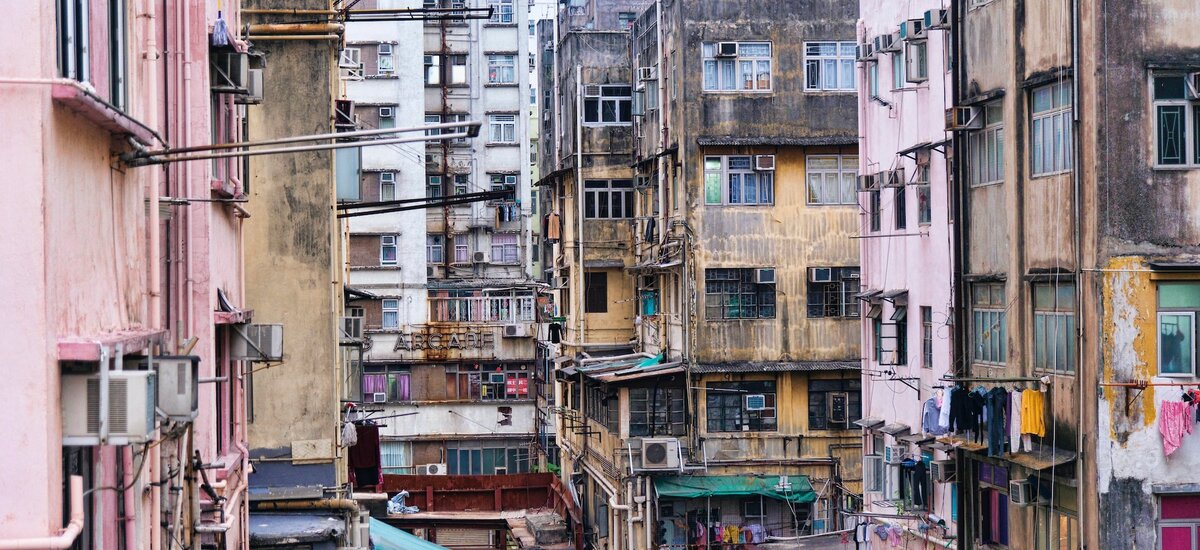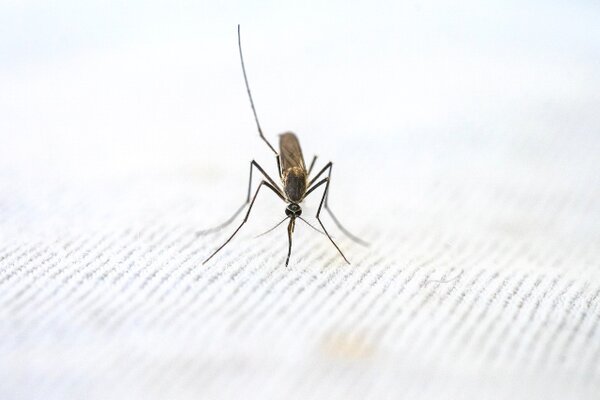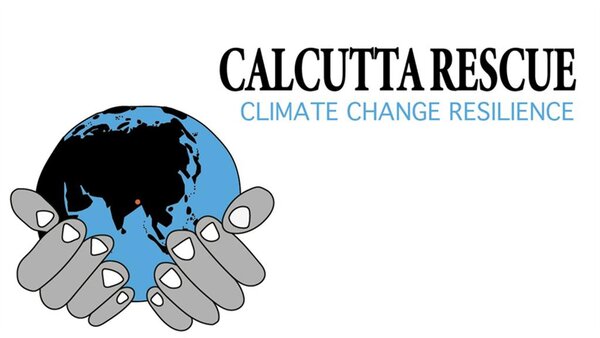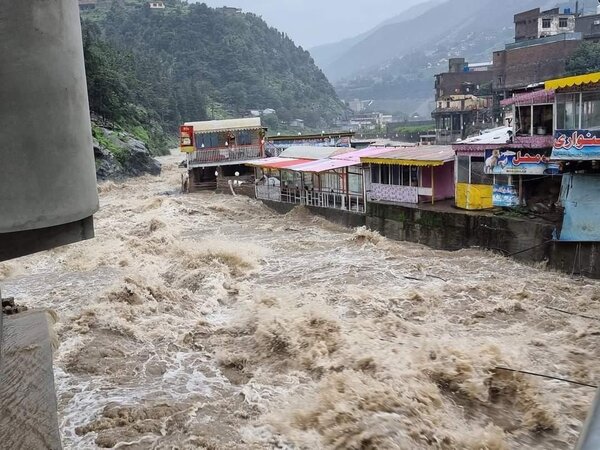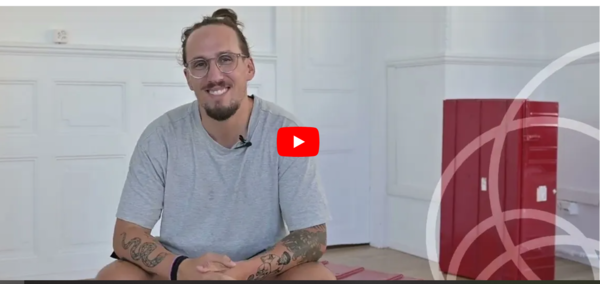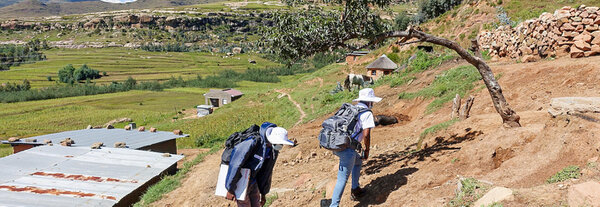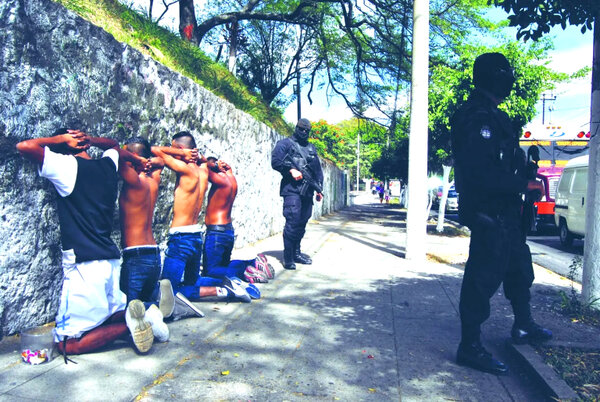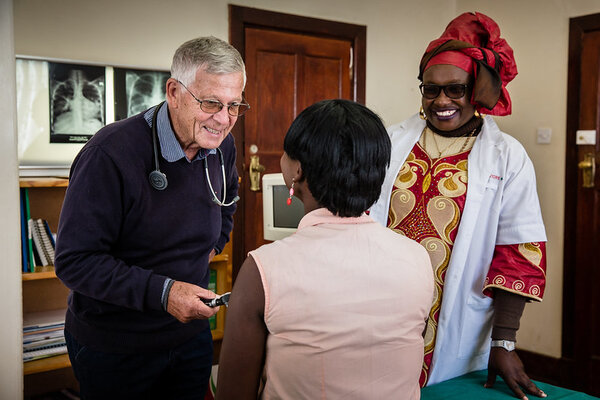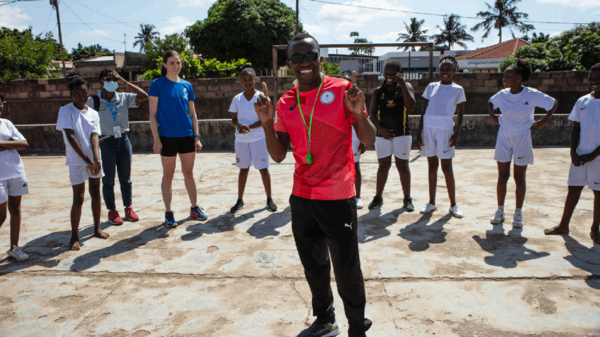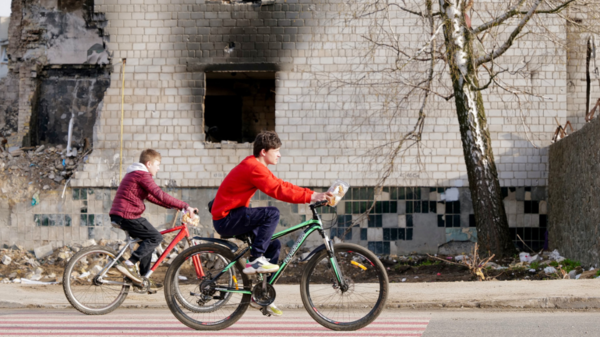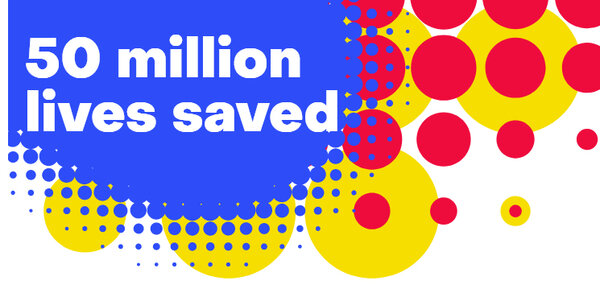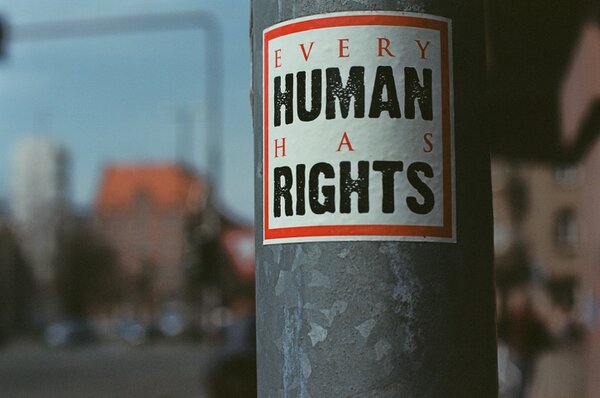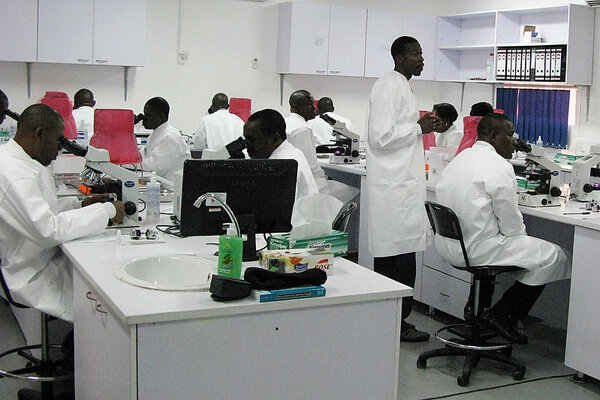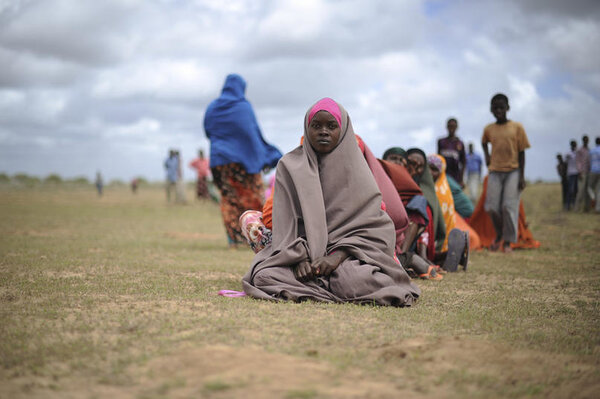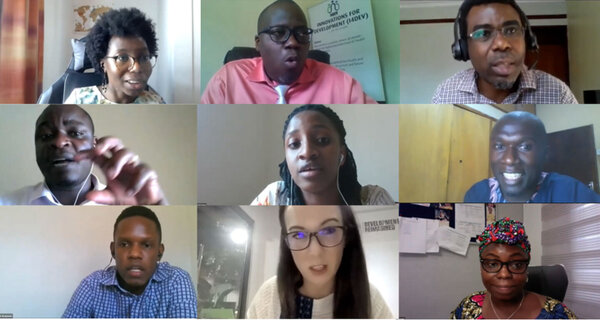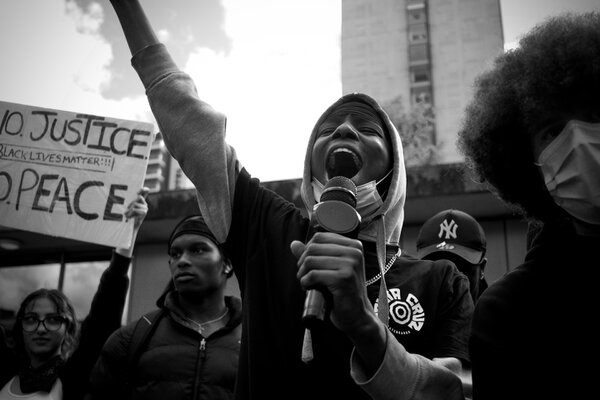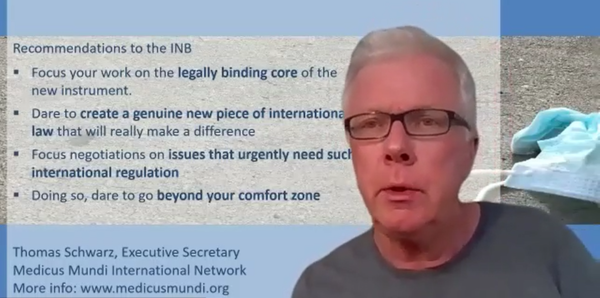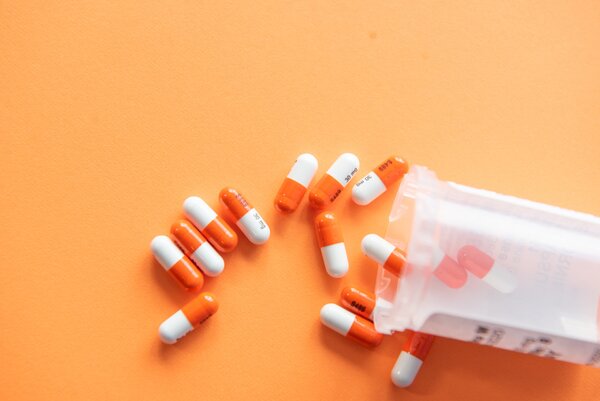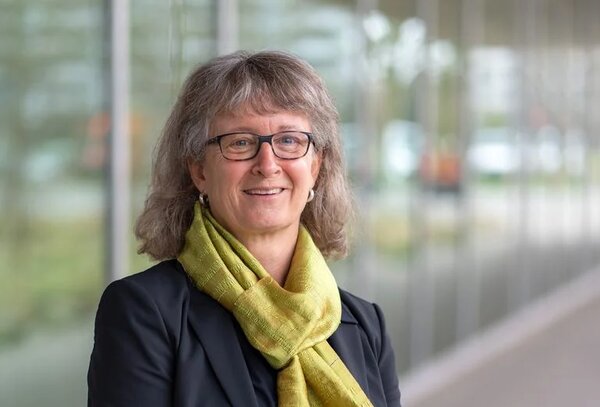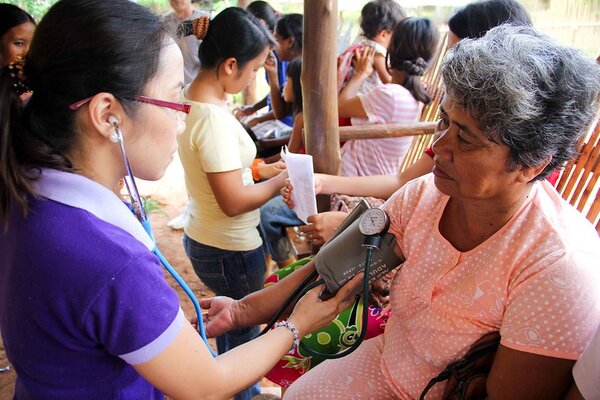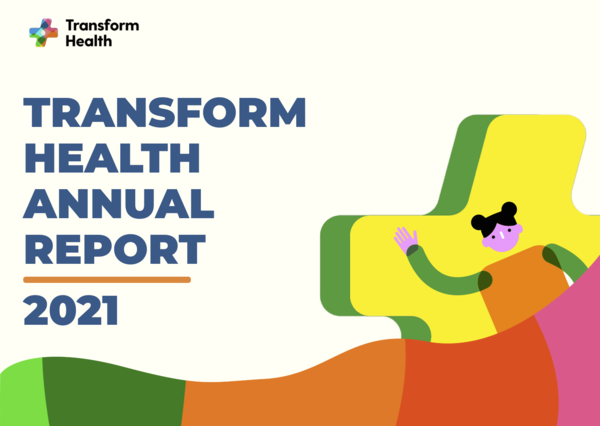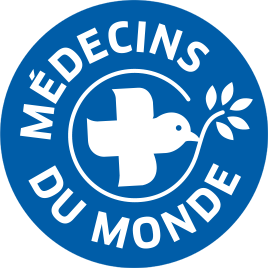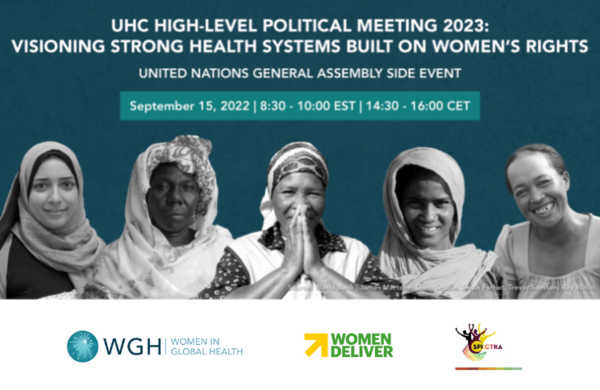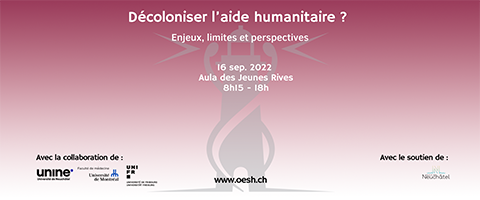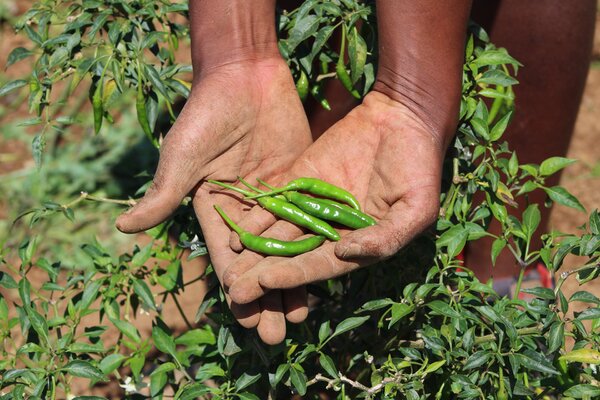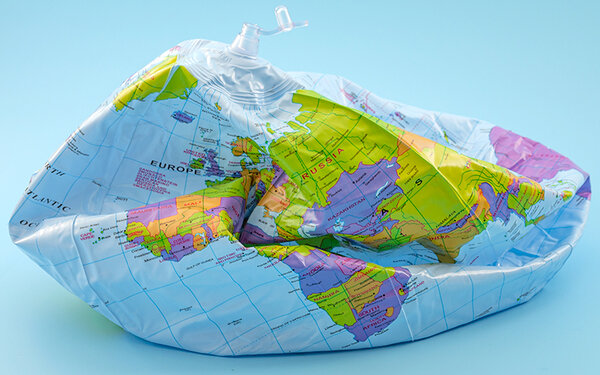Einmal jährlich treffen sich Vertreter:innen der Mitgliedsorganisationen des Netzwerks Medicus Mundi Schweiz, um sich im Rahmen eines vertiefenden Workshops mit Trends in der internationalen Gesundheitszusammenarbeit und der globalen Gesundheit auseinanderzusetzen. Die Ergebnisse dieses Workshops führen in einem nächsten Schritt zum Jahresprogramm des Folgejahres.
Individuelle Faktoren werden ausgestochen
Aufgrund einer vorausgehenden Umfrage arbeiteten die Teilnehmer:innen entlang folgender Themenfelder: Sexuelle und reproduktive Gesundheit und Rechte, psychische Gesundheit, Praxis der internationalen Gesundheitszusammenarbeit, Implementation Research, Dekolonisierung und Determinanten der Gesundheit. Letzteres bildet die Verbindung zwischen den verschiedenen Themen, aber auch Jahren des Engagements des Netzwerks.
Die Gesundheitsdeterminanten – also im Wesentlichen soziale, wirtschaftliche und ökologische Faktoren – bestimmen ganz zentral, ob jemand in einem Umfeld geboren wird, aufwächst, ein Familienleben führen, arbeiten und alt werden kann, in welchem sich das Recht auf Gesundheit erfüllen kann. Umweltverschmutzung, Zugang zu Ressourcen, Gewalt im persönlichen und im gesellschaftlichen Umfeld, Arbeitsbedingungen oder Diskriminierungen: Die Determinanten stechen letztlich immer die individuelle Lebensführung als gesundheitsbestimmenden Faktor aus.
Die Weltlage zum ersten Mal seit Jahren schlechter
Während in den letzten Jahren die UNO in ihrem Weltentwicklungsbericht laufend von Fortschritten bei den Schlüsselindikatoren berichten konnte, hat sie nun in ihrer Ausgabe 2022 einen Rückschritt festgestellt. Pandemie und Schulden, Krieg und Klimaverschlechterung hinterlassen ihre Spuren, so die Einschätzung des UN-Generalsekretärs. Damit müssen wir davon ausgehen, dass sich auch die Gesundheitsdeterminanten verschlechtern.
Am MMS Symposium am 2. November 2022 beschäftigen wir uns mit der Krisenhaftigkeit der Gegenwart – die Gesundheitsdeterminanten werden dabei sicher eine Leitlinie in den Debatten bilden.
Martin Leschhorn Strebel
Netzwerk Medicus Mundi Schweiz
E-Mail

